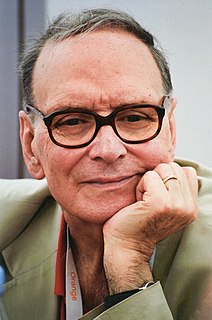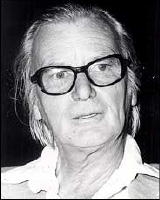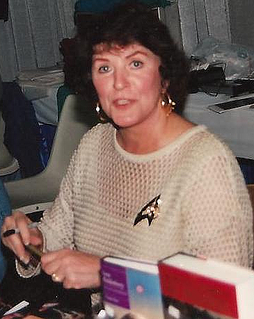A Quote by Xavier Durringer
The Conquest is not a film about Nicolas Sarkozy - it's a film about political conquest. It's a Shakespearean expression, where we have all the elements of a drama, both political and personal at the same time. The decors and the costumes are all based on real photos - I wanted to be as close to reality as possible. Nicola Piovani's theatrical music gives a distance that's almost Chaplinesque, there's something quite funny. There's no imitation, no caricature, no parodie - it's realism with a distance where the dialogues are often quite funny.
Related Quotes
There's a double meaning in the film The Conquest. First, the conquest of power at the UMP party and how Sarkozy had to fight his colleagues inside the party so that it was him running for President. He wins the political conquest, but he loses the feminine conquest in that his wife leaves him. It's hard for a President to be single - that's never happened.
I'm ready for all forms of dialogue about the film The Conquest. There will be a lot of political talk, but I don't think the film itself will be scandalous. For the French, there are so many emotions relating to Sarkozy and politicians in general that I think the film will generate a lot of passion, whether it be negative or positive. Above all, it's a fictional film. It was important not to make a documentary and to really pay attention to the images. From the choice of the actors to the mise en scene, the film is completely cinematographic. It's not just a boring political movie.
This fact was something I also learned from this first novel that I needed personal experience to invent, to fantasize, to create fiction, but at the same time I needed some distance, some perspective on this experience in order to feel free enough to manipulate it and to transform it into fiction. If the experience is very close, I feel inhibited. I have never been able to write fiction about something that has happened to me recently. If the closeness of the real reality, of living reality, is to have a persuasive effect on my imagination, I need a distance, a distance in time and in space.
In music, what is very important is temporality of space and length, based on the breathing space the director gives the music within the film, by separating the music from various elements of reality, like noises, dialogues... That's how you treat music properly, but it doesn't always happen this way. Music is often blamed, but it's not its fault.
What I'm talking about is both political and then also extra-political. Because what Donald Trump is doing is not simply to be measured in terms of its political effect. It's the very spiritual uplift of the nation. It's the very tenor and tone, morally speaking, of what this country is about. And so the unleashing of these fierce and ferocious beliefs have a potential impact that is quite deleterious, quite negative, quite destructive. And I think we have to say something.
When I started, every film got a full theatrical distribution. Today, almost no low budget films, maybe two or three a year, will get a full theatrical distribution. We've been frozen out of that, which means they must be aware that for a full theatrical distribution it either has to be something like Saw or some exploitation film of today or an extremely well made personal film.
With The Exorcist we said what we wanted to say. Neither one of us view it as a horror film. We view it as a film about the mysteries of faith. It's easier for people to call it a horror film. Or a great horror film. Or the greatest horror film ever made. Whenever I see that, I feel a great distance from it.
I want viewers want to talk about The Conquest. I want the dialogue to start after the movie. The cinema is there to leave a trace. I hope my film leaves a trace and that it will open a door for French cinema and that tomorrow other directors will make political movies. The job of a filmmaker today is to talk about the world surrounding him and, through his movies, to both entertain and raise questions about modern society.





























